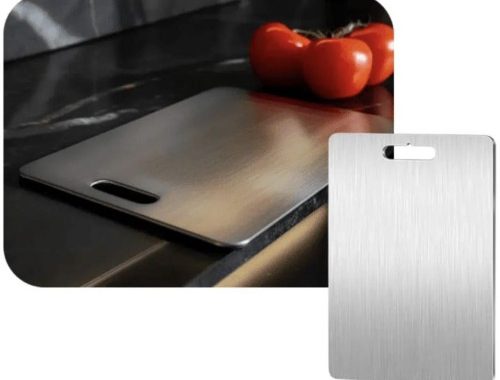
What Should You Include in Effective Cooking Oil Recycling plans
The deep fryer is a staple in many kitchens, whether it’s for French fries or fried chicken. Once the frying oil’s usable life has passed, the used cooking oil can either be a resource or a hazard. Pouring oil down the drain can cause serious structural damage, and dumping liquid waste in the garbage isn’t ideal.
Why Should Cooking Oil Be Recycled?
When cooking oil reaches the end of its useful life, it is frequently misused. When oil is used for cooking, it is frequently discarded rather than reused. For a variety of reasons, restaurants should implement sustainable and effective cooking oil recycling plans, including:
- Preserving Facilities and Equipment- Cooking oil and grease can cause significant damage to drains and kitchen appliances if carelessly disposed of. Despite its appearance as a liquid, the oil will eventually harden and obstruct the drainage system. Aside from that, incorrect oil waste disposal can sometimes violate regulatory rules, which could find them or their firm in hot water with the courts.
- Protecting the Global and Local Environments- Proper oil and grease recycling guarantees that these waste products do not enter the environment, lowering the risk of hurting natural resources such as soil and water systems. By opting for oil waste recycling, they are also supporting renewable and green fuel projects, demonstrating a commitment to long-term sustainability.
- Reducing Health Risks- If cooking oils are discarded carelessly, they can cause health problems for their consumers or the community. Drain-blocking oils have been demonstrated to transmit deadly bacteria and pathogens, while trapped oil, grease, and fats produce noxious smells.
The Best Way to Recycle Cooking Oil at Home
While Rubicon’s used cooking oil recycling program is geared toward restaurants and other commercial establishments, oil is a necessary component of home cooking. Plant-based oils such as vegetable, canola, corn, sesame, and olive oils are common in households. Lard, butter, and bacon fat are examples of animal-based goods and fats. Pouring any of these oils down the sink might cause serious damage to their plumbing system. Instead, they should attempt these methods for safely disposing of cooking oil at home.
- Reuse- Although it is a little-known truth, cooking oil can be reused after it has been used once. This is a cost-effective and environmentally friendly choice for households that frequently use significant amounts of oil, such as to fry food. It’s vital to keep in mind, though, that the oil’s smoking point will decrease with each use. As a result, only oils with a high initial smoke point, such as canola or avocado oil, should be reused.
- Reimagine- As weird as it may sound; leftover cooking oil may be repurposed into soap bars. Because fats are frequently used in soap recipes, they can simply make their one-of-a-kind, sustainable soap bar by using discarded cooking oil.
- Recycle- Finally, look into local oil recycling projects. While residential areas frequently lack oil recycling facilities, towns are increasingly providing oil recycling sites or scheduled drop-off days for residents to recycle their oil. Used cooking oil may be converted into biodiesel, which can be used to power diesel engines.





